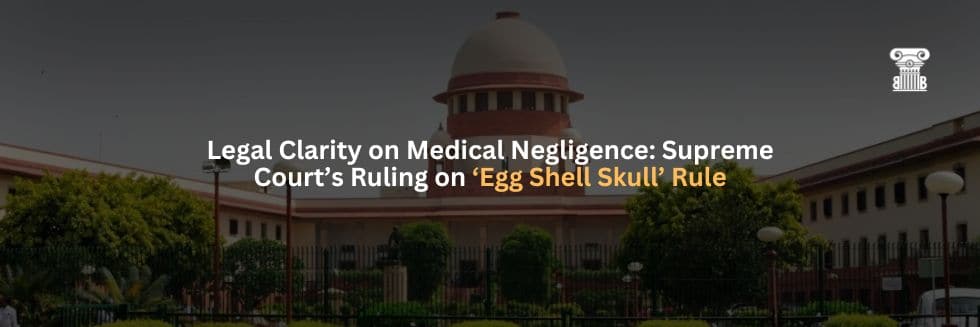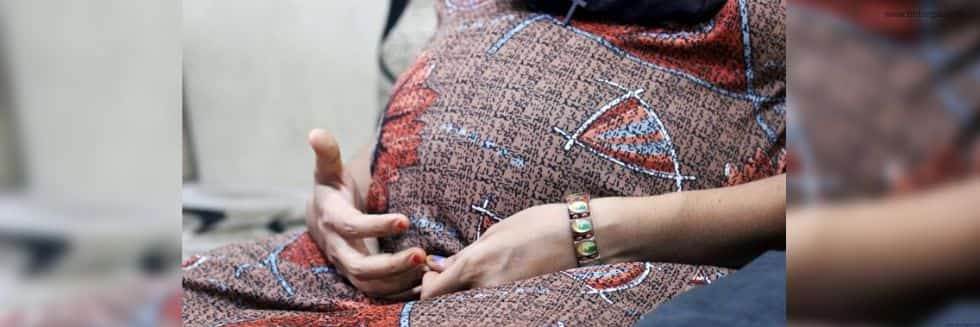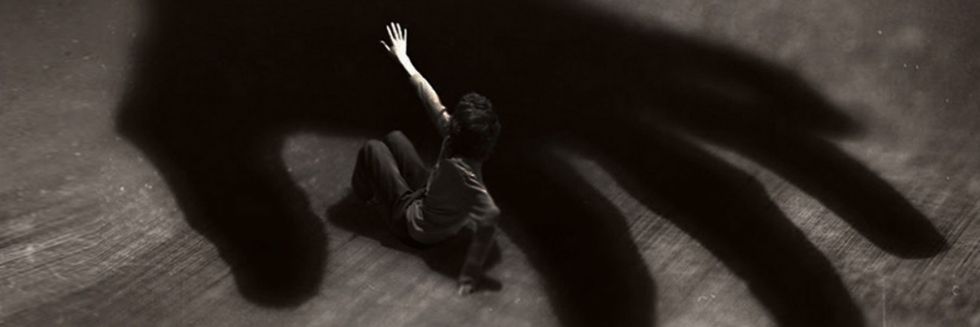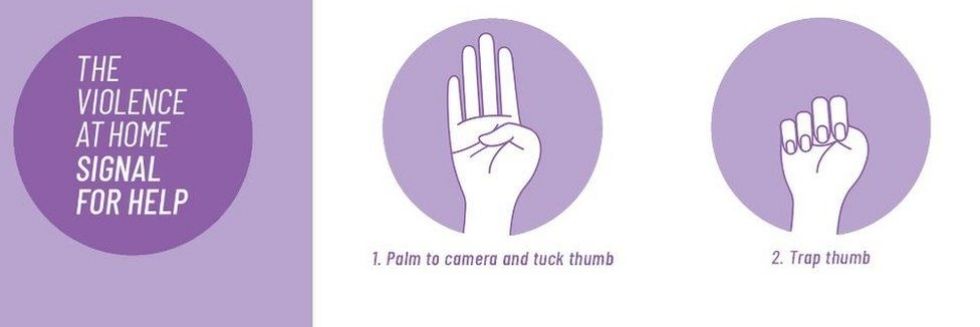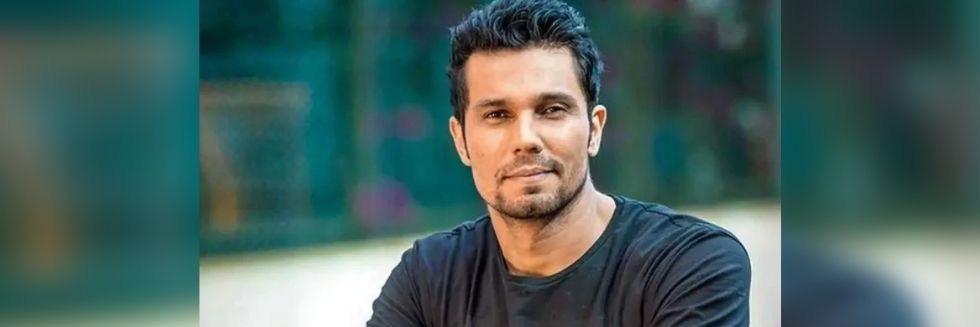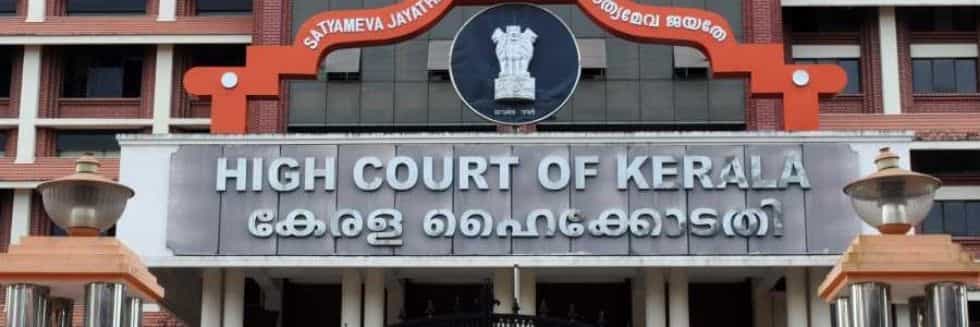In the case of Jyoti Devi v. Suket Hospital & Ors., the Supreme Court clarified the application of the “Eggshell Skull rule” in medical negligence cases. The Court emphasized that this rule should only be invoked when certain conditions such as pre-existing conditions or aggravation of known conditions are met.
However, as there was no discussion or evidence presented regarding the patient’s pre-existing condition, the Court questioned the reduction of compensation based on this rule. Consequently, the Court set aside previous decisions and reinstated the compensation awarded by the District Forum holding the hospital liable for medical negligence.
CASE DETAILS:
Jyoti Devi v. Suket Hospital & Ors.
2024 LiveLaw (SC) 320
Supreme Court
Coram: Justices Sanjay Karol and Aravind Kumar
BACKGROUND:
- The case concerns a claim for compensation against a doctor for deficiency of service. After undergoing surgery, the appellant/patient experienced persistent pain near the surgical site and was discharged the following day with assurances of no further pain.
- However, as her condition did not improve, the patient sought treatment at the Post Graduate Institute of Medical Science, Chandigarh where it was discovered that a 2.5 cm needle was near the surgical site necessitating immediate removal.
- The appellant filed a consumer complaint seeking compensation of Rs. 19,80,000/-.
- The District Forum directed Suket Hospital to pay Rs. 5 Lakhs in compensation to the patient.
- On appeal by the Hospital, the State Consumer Dispute Redressal Commission reduced the compensation to Rs. 1 Lakh.
- Subsequently, the National Consumer Dispute Redressal Commission increased the compensation to Rs. 2 Lakhs from Rs. 1 Lakh.
- Displeased with the decision of the NCDRC, the patient approached the Supreme Court.
OBSERVATIONS:
In the judgment authored by Justice Sanjay Karol, the reasoning provided by the State Commission and National Commission for reducing the compensation amount payable to the patient was questioned. They had applied the Eggshell Skull Rule which holds the injurer liable for damages exceeding what would normally be expected.
However, the court clarified that this rule should only be applied when certain conditions are met. These conditions include situations:
- where a latent condition of the plaintiff is unearthed,
- where the wrongdoer’s actions reactivate a plaintiff’s pre-existing condition,
- where known pre-existing conditions are aggravated,
- or where the wrongdoer’s actions accelerate an inevitable disability or loss of life.
The court emphasized that for the Eggshell Skull Rule to apply, the person must have a pre-existing condition falling into one of these categories. However, in this case, there was no discussion about the pre-existing condition of the patient when applying the rule. Therefore, the court questioned the decision to reduce the compensation amount based on the patient’s pre-existing condition as there was insufficient evidence or discussion about the condition in the Commission’s order.
JUDGEMENT:
Based on the premise outlined above, the court set aside the awards of both the National Consumer Dispute Redressal Commission (NCDRC) and the State Commission. It restored the award initially passed by the District Forum indicating that a sum of Rs. 5 lakhs should be expeditiously paid by the respondents to the appellant. This decision was made due to the respondents’ medical negligence and the deficient nature of the services provided.
